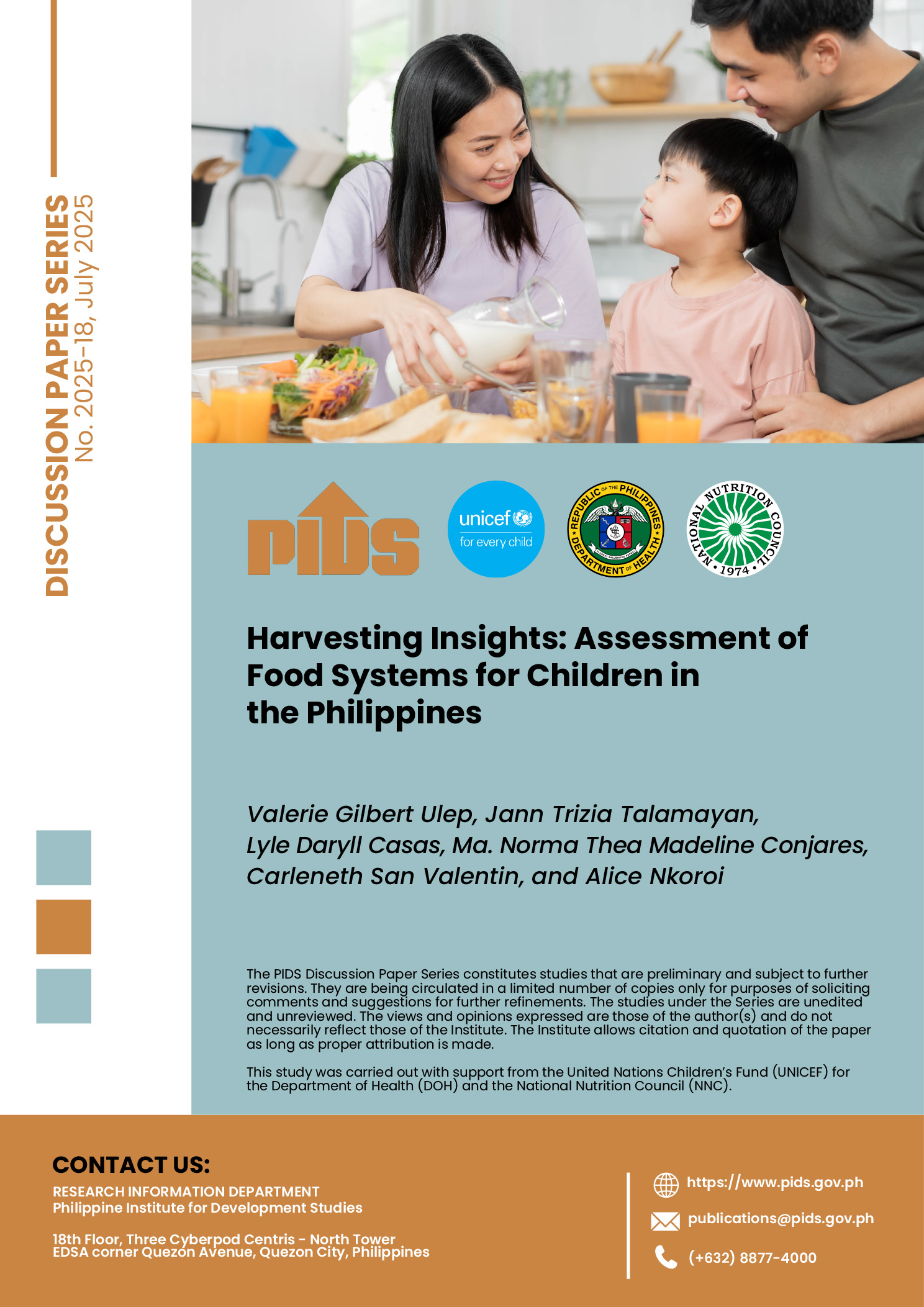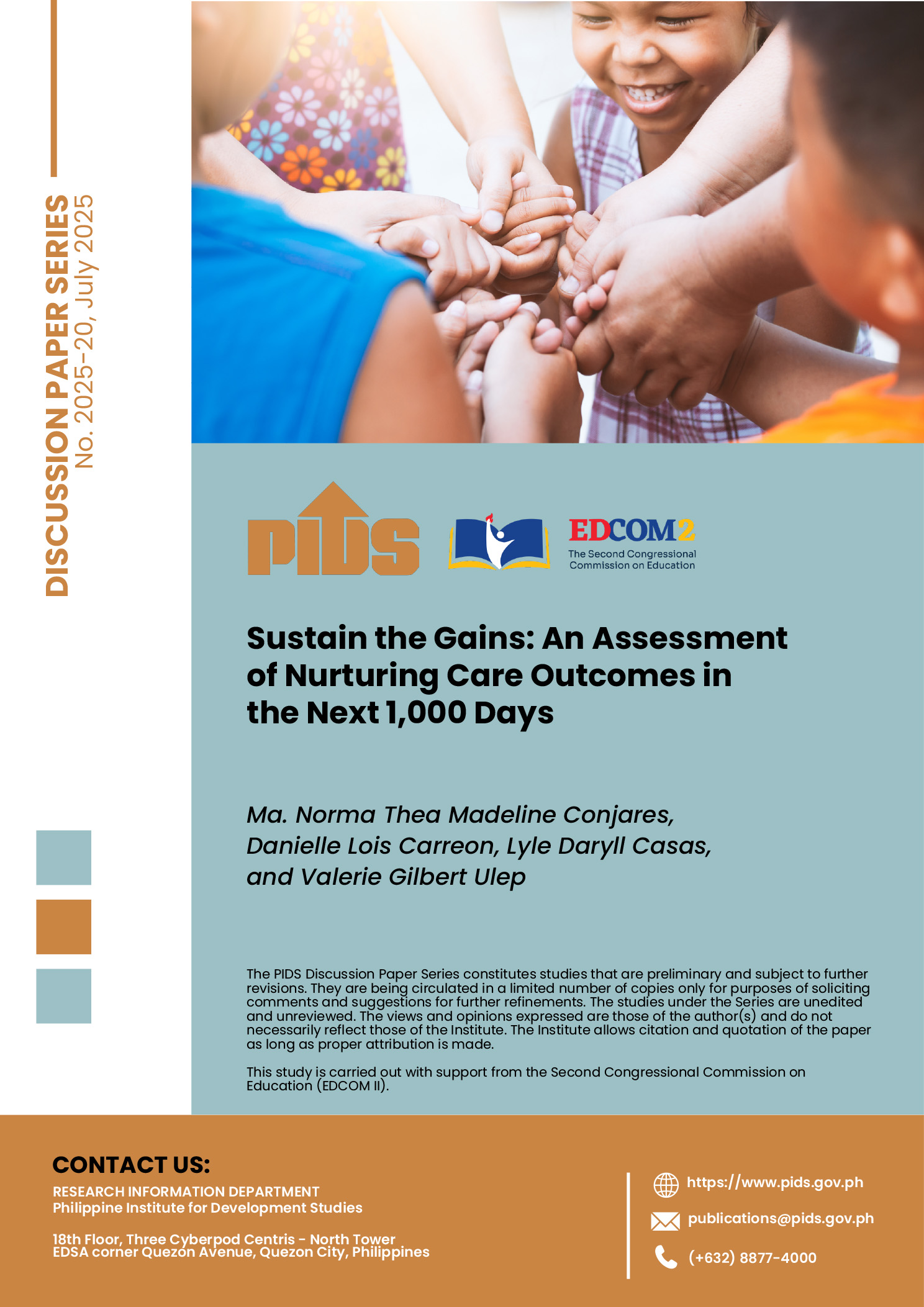MANILA, Philippines — The country is losing over P100 billion yearly due to cancer, a health economist said.
Dr. Val Ulep, a senior research fellow at the Philippine Institute for Development Studies, cited a recent study they published showing that the economic cost of cancer would reach around P110 billion annually, or around one percent of the country’s gross domestic product.
“When you look at the total economic cost in the Philippines, out of that P110 billion, around P40 billion refers to the medical cost such as hospital expenses, and the rest, P70 billion, is the indirect cost,” Ulep said at the Kapihan sa Manila Bay forum on Wednesday.
He explained that indirect cost covers their estimate of when the cancer patient and the spouse or a relative is unable to go to work.
“Our data showed that several family members or relatives resign from their jobs, and that contributes to economic cost,” said Ulep.
“We also have to include here the transportation cost, especially that here in the country, hospitals are a bit far from where the patient is coming from so we also made calculations, and we can say that it is really a big economic burden to patients.”
He added, “One implication is that we shouldn’t just look at cancer in terms of chemotherapy but in terms of providing them much broader social protection, especially when a patient loses job and is burdened with transportation cost that is being overlooked by policymakers.”
The health economist also revealed that in their “projections on the economic cost of cancer in the next 20 years – it will double if we don’t address this. This is really a burden to the government but more to the household (of the patient).”
Ulep noted that the out-of-pocket expenses of the patient can really be catastrophic to a household that would lead to “a great chance for them to become impoverished.”
“Cancer is chronic. You won’t be able to work for a long time because there is a need to show up for treatment on a regular basis. But hospitals are far… So these are the things being experienced by cancer patients in the Philippines, so it’s a bit tragic,” he said.
Meanwhile, Dr. Edgar Christian Cuaresma, head of oncology at the Dr. Paulino J. Garcia Memorial Research and Medical Center in Cabanatuan City, said they are exploring ways on how to reach out to a lot of cancer patients, given the limited resources for treatment.
“In a recent meeting with other medical oncologists, it was discussed that we can go back to grassroots advocacy as well as strengthen screening recommendations and early detection,” Cuaresma said.












